
Using tools like the ICE Score could improve consistency in grading neurotoxicity tied to bispecific antibodies in hematologic cancers.

Using tools like the ICE Score could improve consistency in grading neurotoxicity tied to bispecific antibodies in hematologic cancers.

Daratumumab showed a decrease in disease progression or death risk vs active monitoring in patients with high-risk smoldering multiple myeloma.

Emetogenic chemotherapy regimens and back pain were associated with higher symptom burden in older, vs younger, patients with cancer.

Data from the CEPHEUS trial support the use of D-VRd in patients with transplant-ineligible or -deferred multiple myeloma who can tolerate bortezomib.

When treating patients with hormone-receptor positive, HER2-negative metastatic breast cancer, mutations necessitate the prioritization of quality of life.
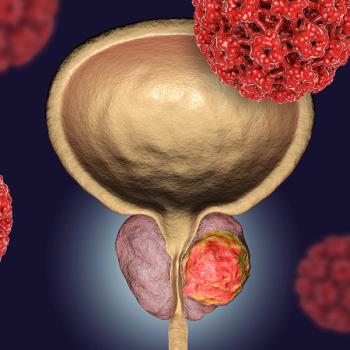
Apalutamide decreased risk of death in mCSPC by 23% and 26% compared with enzalutamide and abiraterone acetate, respectively.


The PRECURSOR intervention appeared feasible/acceptable, suggesting a need for patient-centered conversation in incurable gynecologic cancer treatment.

The intersection of cardiology and oncology is greater than nurses and providers may assume, explained 2 experts.

Sessions addressing supportive care needs for patients with cancer on early phase clinical trials appeared feasible and acceptable in a prospective study.

Oncology nurses can support patients facing financial toxicity by offering guidance on available resources and providing emotional support.

Assessment of psychological needs and offering tailored interventions immediately after BCS helps patients with breast cancer in the outpatient setting.

Providing education about patients’ diseases was difficult, according to 32% of registered nurses and 29% of infusion nurses.
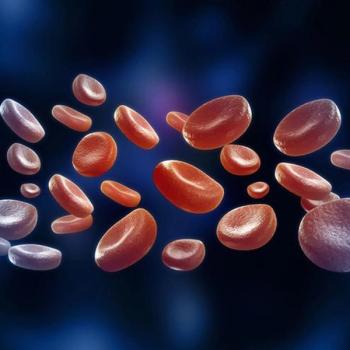
Early infection incidence in patients with multiple myeloma following treatment with cilta-cel infusion highlights the necessity of toxicity monitoring.

Authors noted that BiTEs have expanded the treatment paradigms for several types of solid tumors and blood cancers; however, toxicities associated with this class of agents have raised safety concerns.

Findings highlighted that increased physical activity was associated with a variety of benefits in improving overall well-being in early adolescent and young adult survivors.
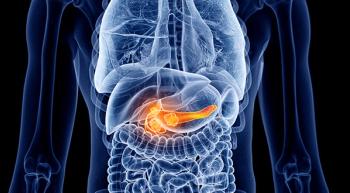
Assessing the signs and symptoms of chemotherapy-induced diarrhea and providing accurate and timely patient education may reduce complications and optimize survival outcomes.

Danielle Fournier, DNP, APRN, AGPCNP-BC, AOCNP, discusses the role of oncology nurses in genomic testing.

“When discussing treatment options with patients, it is important to consider efficacy, safety, and the impact of treatment on patients’ quality of life [QOL]…,” noted Brenda Martone, RN, APP.

Nurse practitioners should listen to patients’ concerns and be ready with questions when it comes to germline testing, according to an expert.

Tara Sweeney, BSN, RN, OCN, CHPN discussed best care for the health and well-being of a person across all stages of their cancer survivorship.
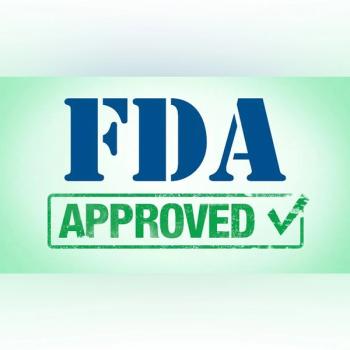
The FDA has granted approval to nivolumab plus ipilimumab for use in unresectable or metastatic hepatocellular carcinoma.

Social determinants of health like transportation and financial increased the occurrence of psychoneurological symptoms in breast cancer survivors.

In accordance with CMS quality measures, interventions like provider/patient education and better access to care help reduce ED visits after chemotherapy.
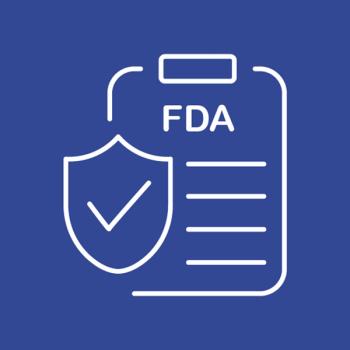
The FDA approved bevacizumab-nwgd across several gastrointestinal, gynecological, brain, and lung cancer types.
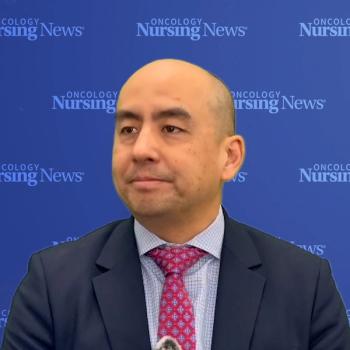
Oncology nurses and APPs can enhance patients’ comfort by counseling patients on what integrative care is and working to make those options accessible.
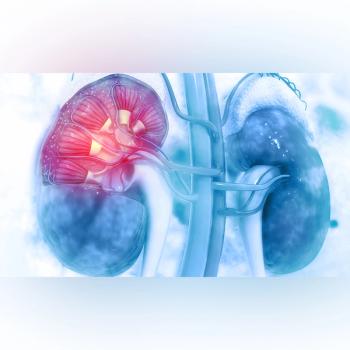
The subcutaneous formulation of nivolumab showed comparable efficacy and safety to the IV formulation in advanced clear cell renal cell carcinoma.

Using risk assessment and nurse education in the High ED/Admission Risk Therapy (HEART) protocol reduced ED visits by 18% after chemoradiation treatment.

The FDA approved larotrectinib for use in adult and pediatric patients with NTRK fusion-positive solid tumors with few other options.

The 2025 Extraordinary Healer® Award was presented during the 50th Annual Oncology Nursing Society Congress, recognizing oncology nursing professionals' dedication and impact.